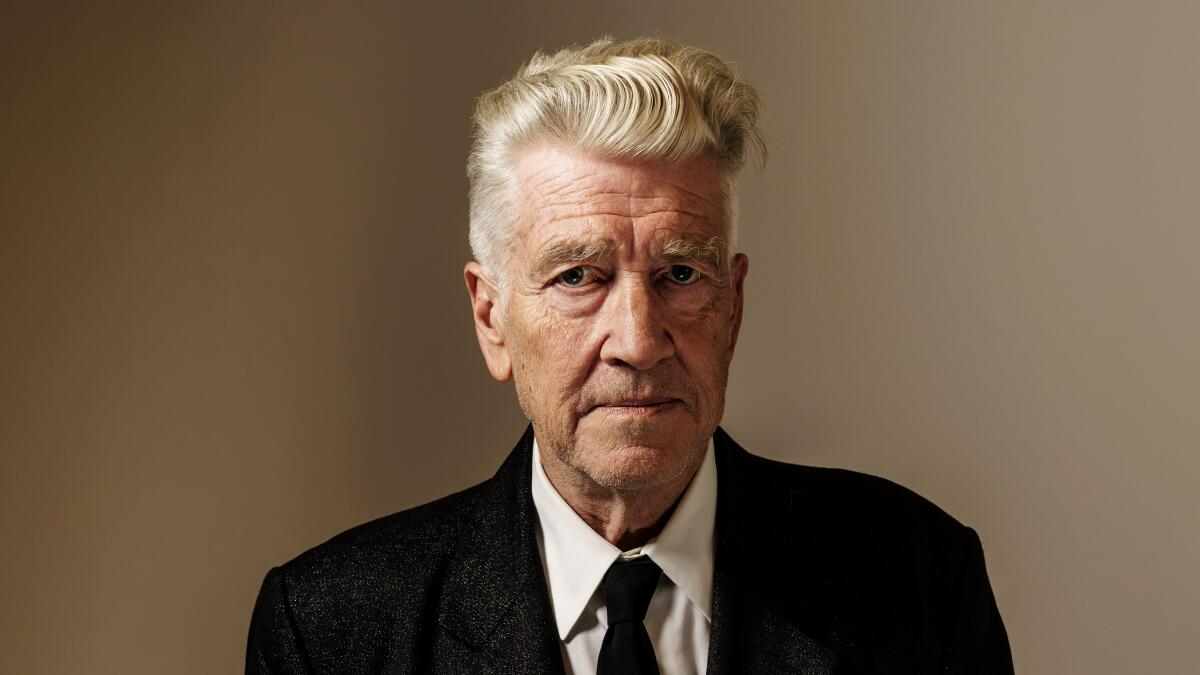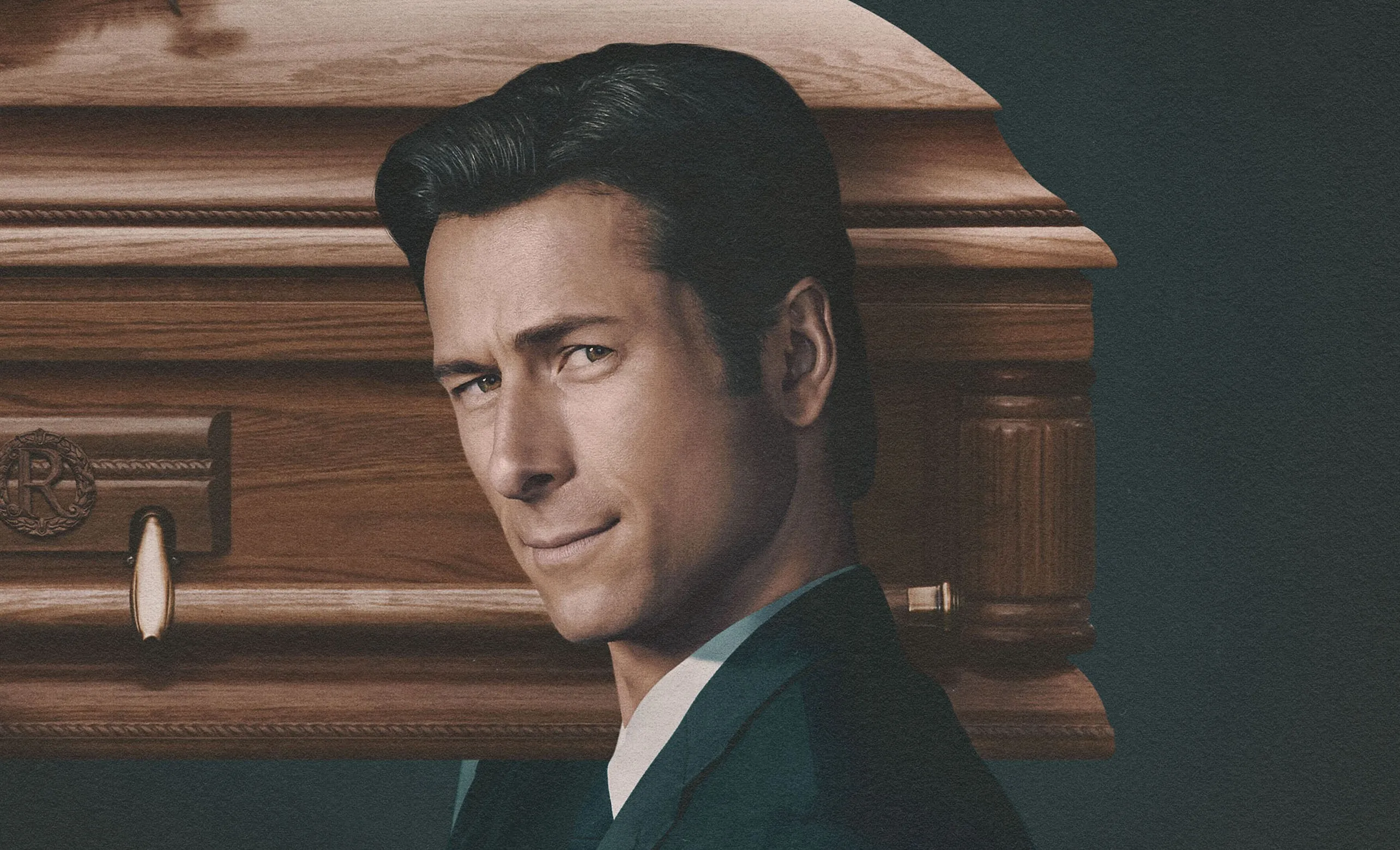
A Cinematic Visionary Remembered
David Lynch, the iconic filmmaker and musician, has passed away at the age of 78. The news was announced on his official Facebook page, where his family requested privacy, stating, “There’s a big hole in the world now that he’s no longer with us. But, as he would say, ‘Keep your eye on the donut and not on the hole.’” The cause of death has not been disclosed.
Born David Keith Lynch in Missoula, Montana, in 1946,
Lynch’s early life was marked by frequent relocations as his family moved between Idaho, North Carolina, Washington, and Virginia. As a youth, he achieved the rank of Eagle Scout before pursuing his artistic passions at institutions such as the Corcoran School of the Arts and Design in Washington, D.C., and Boston’s School of the Museum of Fine Arts.
Lynch’s filmmaking journey began in the late 1960s with the creation of the short film Six Men Getting Sick (Six Times) during his time at the Pennsylvania Academy of the Fine Arts. His first feature-length film, Eraserhead, debuted in 1977 after five years of production. The surreal, black-and-white film, which starred Jack Nance, showcased Lynch’s penchant for blending haunting imagery with a dark, industrial soundscape co-composed with Alan R. Splet. The film cemented Lynch’s reputation as a bold and innovative filmmaker.
Lynch followed Eraserhead with 1980’s The Elephant Man, a poignant biopic about Joseph Merrick starring John Hurt and Anthony Hopkins. The critically acclaimed film garnered eight Academy Award nominations, including Best Picture and Best Director, solidifying Lynch’s place in Hollywood.
In 1984,
Lynch directed the ambitious adaptation of Frank Herbert’s science-fiction epic Dune. Though the film initially struggled to find its audience, it later gained cult classic status. Lynch returned to form with 1986’s Blue Velvet, often considered his magnum opus. The film, featuring Kyle MacLachlan, Isabella Rossellini, Dennis Hopper, and Laura Dern, explored dark and disturbing themes beneath suburban America’s veneer. It earned Lynch his second Oscar nomination for Best Director and marked the beginning of his collaboration with composer Angelo Badalamenti.
The 1990s saw Lynch achieve unprecedented success on the small screen with Twin Peaks, co-created with Mark Frost. The show, which delved into the mystery of Laura Palmer’s murder in a small Washington town, became a cultural phenomenon. Its blend of surrealism, drama, and quirky humor captivated audiences and redefined television storytelling. Despite creative differences leading to his temporary departure during the show’s second season, Twin Peaks remains a cornerstone of Lynch’s legacy.
Throughout his illustrious career, Lynch continued to explore unconventional narratives and styles,
leaving an indelible mark on cinema and television. From Wild at Heart to Mulholland Drive, his work resonated deeply with fans and critics alike, earning him numerous accolades and a devoted following.
As the world mourns the loss of a creative giant, Lynch’s contributions to art and storytelling endure, inspiring generations to come. His unparalleled ability to transform the ordinary into the extraordinary ensures his legacy will remain timeless.
By ThePopulationAppeard
On the same topic

The 44th College Television Awards
Announces Star-Studded Presenter Lineup
By ThePopulationAppeard

Brad Pitt and George Clooney Star in Wolfs
A Highly Anticipated Action-Comedy Film
By ThePopulationAppeard

Return to Hogwarts
A Magical Journey for All Ages
By ThePopulationAppeard
Read our latest ones

UMusic Shop NY
A Powerful Tribute to Black Music
By ThePopulationAppeard

How to Make a Killing
A remake that feels playful but slightly hollow
By ThePopulationAppeard

Pacsun 2026 Swim Collection
A Head Start on Spring
By ThePopulationAppeard

Loewe Enters a New Chapter
With Its First Campaign Under New Creative Direction
By ThePopulationAppeard

Coach Fall 2026
Brings Oz to New York With a Skate Culture Twist
By ThePopulationAppeard


